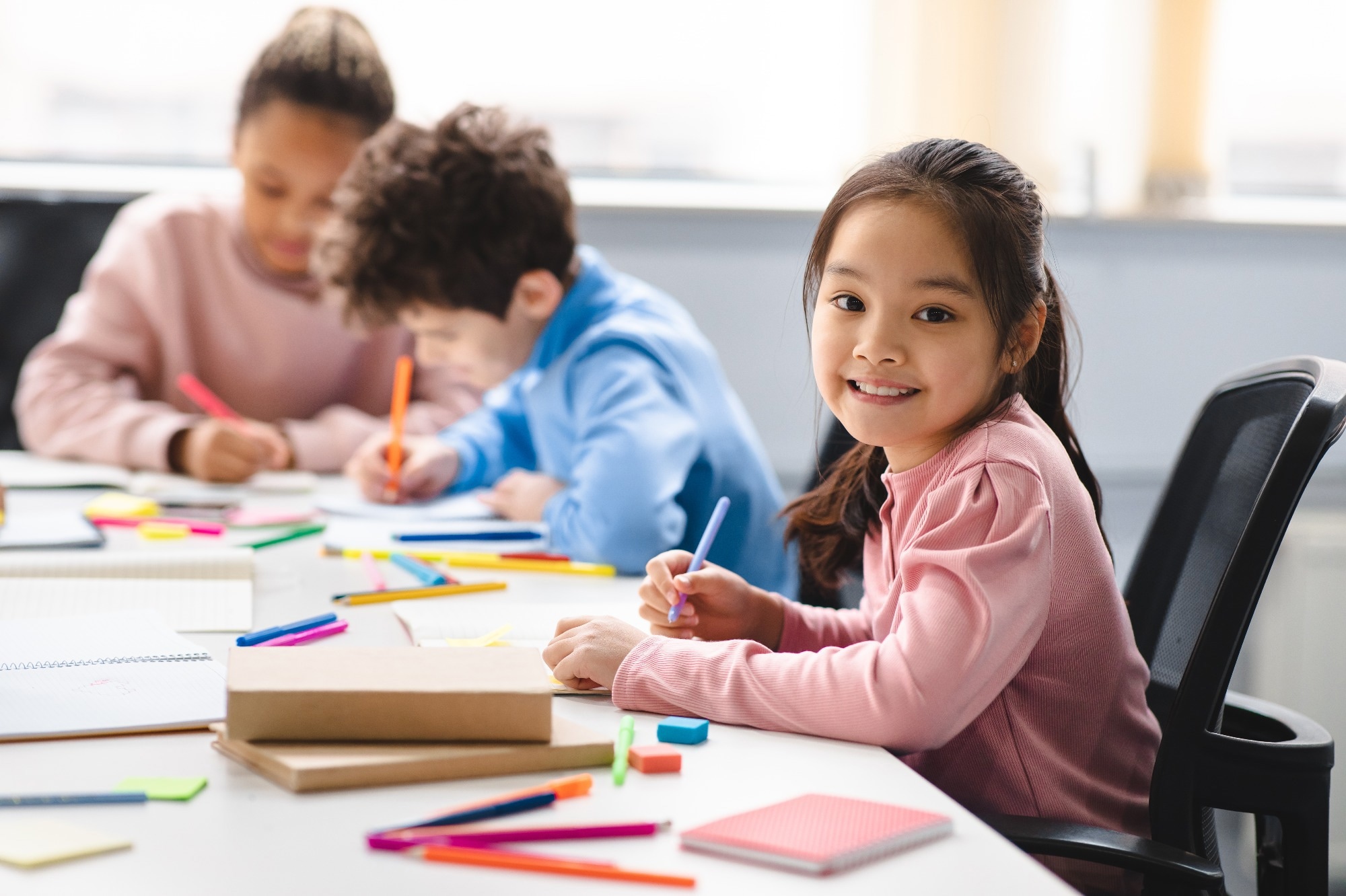In a recent study published in JAMA Network Open, researchers examine the changes in mental health among children and adolescents with special educational needs (SEN) during the first six months following the resumption of in-person learning after coronavirus disease 2019 (COVID-19)-related school closures.
Study: Mental Health of Children With Special Educational Needs and the Return to In-Person Learning After the COVID-19 Pandemic. Image Credit: Prostock-studio / Shutterstock.com
Background
The COVID-19 pandemic has had a profound impact on children worldwide, particularly affecting those with SEN. The disruption of routines and school closures heightened anxiety and negative behaviors in these children, thus worsening their mental health and quality of life.
During this period, schools, which typically offer a safe environment, nutritious meals, social interactions, and additional support for SEN children, were closed, which caused significant educational and developmental setbacks. In Hong Kong, which was one of the first cities to enforce school closures, children did not attend in-person classes for over 15 months, which caused challenges for those with SEN and their families.
The reopening of schools in March 2021 brought some relief; however, the transition back to face-to-face learning presented its own challenges. Further research is needed, as the long-term impacts of the COVID-19 pandemic on the mental health and adaptation of children with SEN in various educational and social settings remain unclear.
About the study
In the present cross-sectional study, researchers adhered to the Strengthening the Reporting of Observational Studies in Epidemiology (STROBE) reporting guidelines. Parents and their children between the ages of three and 18 with SEN who attended special schools and childcare centers in Hong Kong were included in the analysis.
Children with SEN in Hong Kong who are diagnosed by pediatricians and clinical psychologists typically start in special childcare centers from ages three to six and then transition to special schools until age 18.
Data were collected during school closures in April 2020, as well as 15 months later from July to October 2021, which was after schools and childcare centers had resumed face-to-face teaching. Stratified sampling was used to recruit children from schools across Hong Kong, whereas preschool children were selected from the largest special child care centers.
Parents provided written informed consent before completing either online or paper-based questionnaires distributed by their children’s institutions. The study excluded children not yet in school or outside the target age range, in addition to removing duplicate entries.
Locally validated scales were used to assess the mental and physical well-being of both children and parents during and after school closures. Emotional and behavioral difficulties were evaluated using the Strengths and Difficulties Questionnaire (SDQ), whereas their quality of life was measured utilizing the Pediatric Quality of Life Inventory (PedsQL).
Parents answered questions about their child’s lifestyle habits and their own well-being using the PedsQL Family Impact Module and Chinese Parental Stress Scale. Family demographics and socioeconomic status were also recorded.
For statistical analysis, descriptive statistics were used for family demographics and measured variables. Univariate analysis of covariance compared scores between the two waves and were adjusted based on the child’s age, gender, and socioeconomic status.
Mediated multiple regression analysis was used to explore the association between social and behavioral difficulties, as well as quality of life and parental well-being. This was to identify factors linked to poorer health outcomes after schools resumed. A subcohort of participants who completed questionnaires in both waves was analyzed for longitudinal changes in well-being using paired sample t tests.
Study results
During school closures in 2020, 41.9% of parents who were contacted completed the questionnaires. After school resumed, 40.1% of contacted parents responded.
This resulted in data on 456 children in the first wave with an average age of 7.44 years, as well as 519 children in the second wave with an average age of 8.16 years. As schools reopened, there were fewer disruptions in medical appointments and rehabilitation for SEN children.
The reopening of schools did not significantly alter emotional and behavioral difficulties in children; however, a decline in prosocial behavior was observed. Furthermore, a decrease in overall quality of life, emotional, and psychosocial functioning in children was observed post-reopening. Parents noted stable well-being and family functioning across both waves; however, they expressed increased concerns about managing their children’s disabilities.
In a subgroup of 36 children who participated in both waves, increased emotional difficulties and reduced sleep and video game time were noted after schools reopened. Preschoolers exhibited fewer emotional and conduct difficulties, whereas adolescents showed increased conduct difficulties.
Older children experienced a decline in quality of life across various domains after schools reopened. Additionally, parents of school-aged children reported worsened emotional functioning and increased worries.
Children with intellectual disabilities reported lower emotional functioning and increased parental concerns after schools reopened. Parents of children with psychiatric illness or mental disorders also reported higher caregiving stress.
The mediated regression analysis with SDQ as the independent variable and PedsQL as the criterion revealed that emotional and behavioral difficulties negatively impacted the quality of life of children. This relationship was partially mediated by parental worries and emotional functioning. Three significant pathways were linked to behavioral difficulties and quality of life, each of which were mediated by parental worries and emotions.
Conclusions
The study findings highlight the complex dynamics of children’s well-being and parental concerns in the context of school resumption following COVID-19 related closures, in which authors emphasize the impacts across different age groups and types of disabilities. This comprehensive analysis underlines the importance of tailored support for children with SEN and their families in the post-pandemic era.
Journal reference:
- Tso, W. W. Y., Leung, L. K., Chow, M. S. C., et al. (2023). Mental Health of Children With Special Educational Needs and the Return to In-Person Learning After the COVID-19 Pandemic. JAMA Network Open. doi:10.1001/jamanetworkopen.2023.46106
